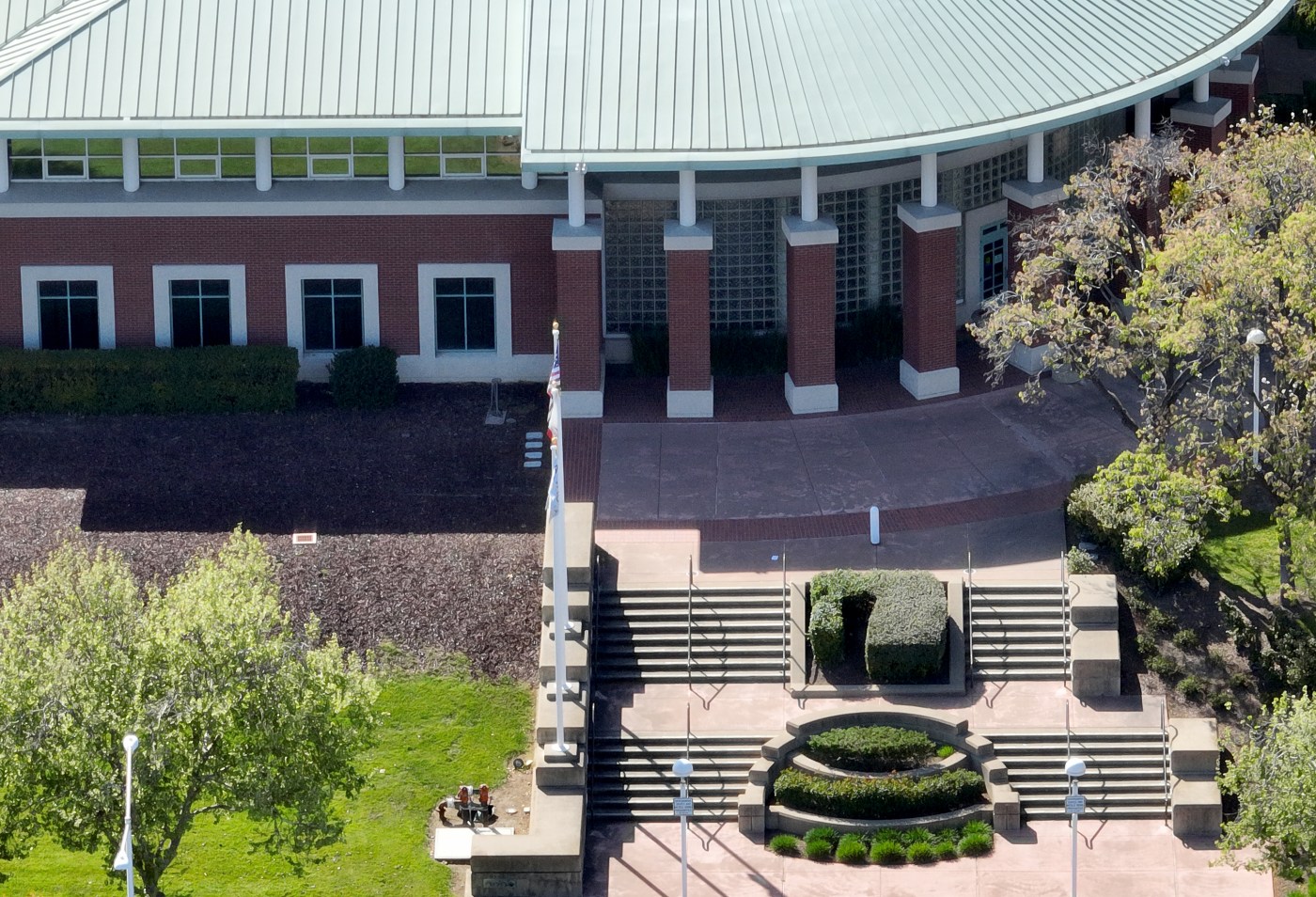
ANTIOCH – Nearly nine months after inking an agreement with the U.S. Department of Justice to increase police oversight, Antioch said it is working toward achieving compliance and other changes.
Manjit Sappal, a consultant jointly selected by the Department of Justice, the city and the Antioch Police Department, said during an update to the City Council on Tuesday that some timelines in the agreement have been shifted due to a delay in appointing a consultant.
Related Articles
Opinion: Five years after Floyd, civilian police oversight is dying on the vine
Antioch cashes out ex-chief: City to pay $190,000 over media leak
Antioch to spend nearly $3 million to upgrade police equipment
Antioch Police Oversight Commission member resigns
Antioch Police Oversight Commission could lose another member
Sappal, who is tasked with reviewing and updating policies to ensure the department is in compliance with the agreement, was appointed in May.
The deadlines of some tasks, such as community engagement, self-assessment by the police department, and the department’s language access plans, have been pushed to a later timeline due to the delay, Sappal said.
He assured that the Department of Justice is aware of the matter.
“I think it’s also important to remember that what we’re trying to do here is not just to check these boxes off, it’s really building a sustainable culture with the police department, and that takes time,” said Sappal.
He said the change in Antioch is “going to happen a little faster than normal” as the police department and the city are channeling their resources needed to ensure that.
One of the requirements of the agreement pertains to policies, directives, and training, which are being reviewed by the police department with robust input from various parties, including the California Department of Justice, Sappal said.
Some of the policies under review focus on high-priority policies such as use of force, bias-based policing, and canine policies.
Once the policies are approved by the working group, they will be passed to Antioch Police Department Chief Joe Vigil for input.
“Once that process is done, it goes to the city attorney and then goes to the city manager, and once everyone’s signed off on it, it will go to the Department of Justice. This is our ongoing rolling process,” said Sappal. “There are about 15 or 16 tied in directly to this agreement, and those are the priority.”
He said after this process, the entire police department’s manual will be reviewed to ensure every policy aligns with city and department goals of building a strong community and complying with the Department of Justice’s agreement.
The deadline for the policy portion is Nov. 24.
Sappal said the police department is finding it challenging to find certified trainers to conduct training on principled policing, anti-discrimination, and anti-bias policing.
The Department of Justice has allowed the police department to engage officers with an interactive procedural justice and principled policing training, led by one of the department’s sergeants and an outside consultant.
“So the only thing missing from that portion was some discussion on the Safe Streets Act, which is specified in the agreement, and that is going to be added for the next training regimen,” said Sappal.
Other aspects of the agreement also touch on hiring, background investigations protocol, and promotional processes, which is being fine-tuned to ensure the process is more elaborate.
Sappal added that Antioch is also working toward hiring an analyst to look over data to ensure the police department is not policing with bias or discriminatory motives.
The police department will also review its complaint and misconduct policies.
“We want to make sure that the community feels comfortable in making complaints, they can bring them forward, that we’re not putting up roadblocks, so we’re going to work through that process and make sure we document those,” said Sappal.
Sappal said one of the fundamental aspects of the agreement is community engagement efforts, which fall under the purview of the Antioch Police Oversight Commission.
The commission’s ad hoc committee is looking into the community engagement plan.
The Antioch Police Department has also appointed a community liaison officer, ahead of the Department of Justice’s 2027 deadline to build stronger relationships with residents.
Councilmember Monica Wilson asked how to ensure best practices continue and the department doesn’t “slip back to bad habits.”
Sappal said despite the initial challenges, it is evident that the police department wanted to “move in the right direction” with new leadership and talents coming in.
“But fundamentally, you have to have training and policies and accountability in the organization so that all the new folks that are being hired know nothing else. This is what they will know,” said Sappal. “We’re getting a different caliber of folks with this generation, and in some ways, they can communicate fairly well. They’re open-minded, and I think when you have good training, good policies, good leadership, you’ve got the magic ingredients to succeed. So, I don’t see any reason why this would not continue.”
He noted that the department has been “very receptive” to recommendations and discussion put forward.
“And that essentially sums up where we are, all in all, very positive and good progress,” said Sappal.
Sappal pointed out that elected members and the community have an obligation to hold the police department accountable by asking questions and providing feedback to ensure their needs are met.